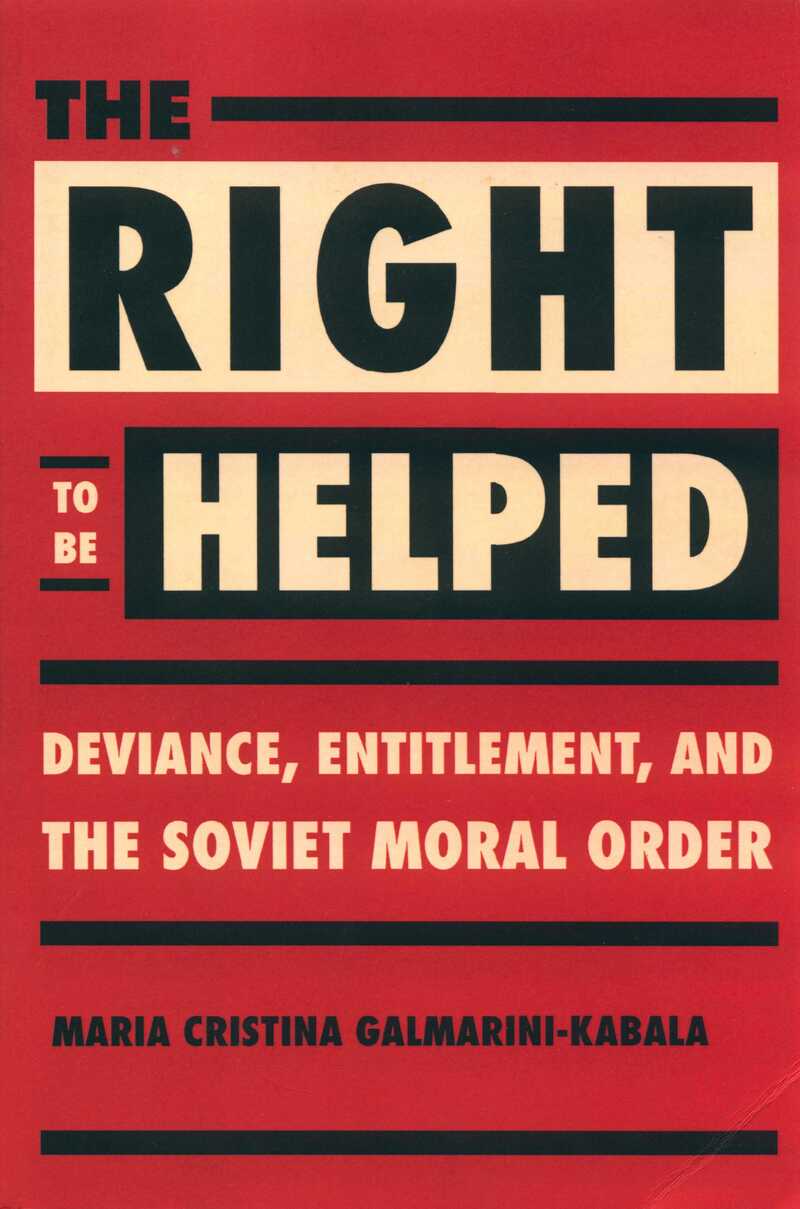Disabled single mother Maria Zolotova‑Sologub raised this question in a petition dated July 1929 demanding medical assistance and a monthly subsidy for herself and her daughter. While the welfare of able‑bodied and industrially productive people in the first socialist country in the world was protected by a state‑funded insurance system, the social rights of labor‑incapacitated and unemployed individuals such as Zolotova‑Sologub were difficult to define and legitimize.
The Right to Be Helped illuminates the ways in which marginalized members of Soviet society understood their social rights and articulated their moral expectations regarding the socialist state between 1917 and 1950. Maria Galmarini‑Kabala shows how definitions of state assistance and who was entitled to it provided a platform for policymakers and professionals to engage in heated debates about disability, gender, suffering, productive and reproductive labor.
